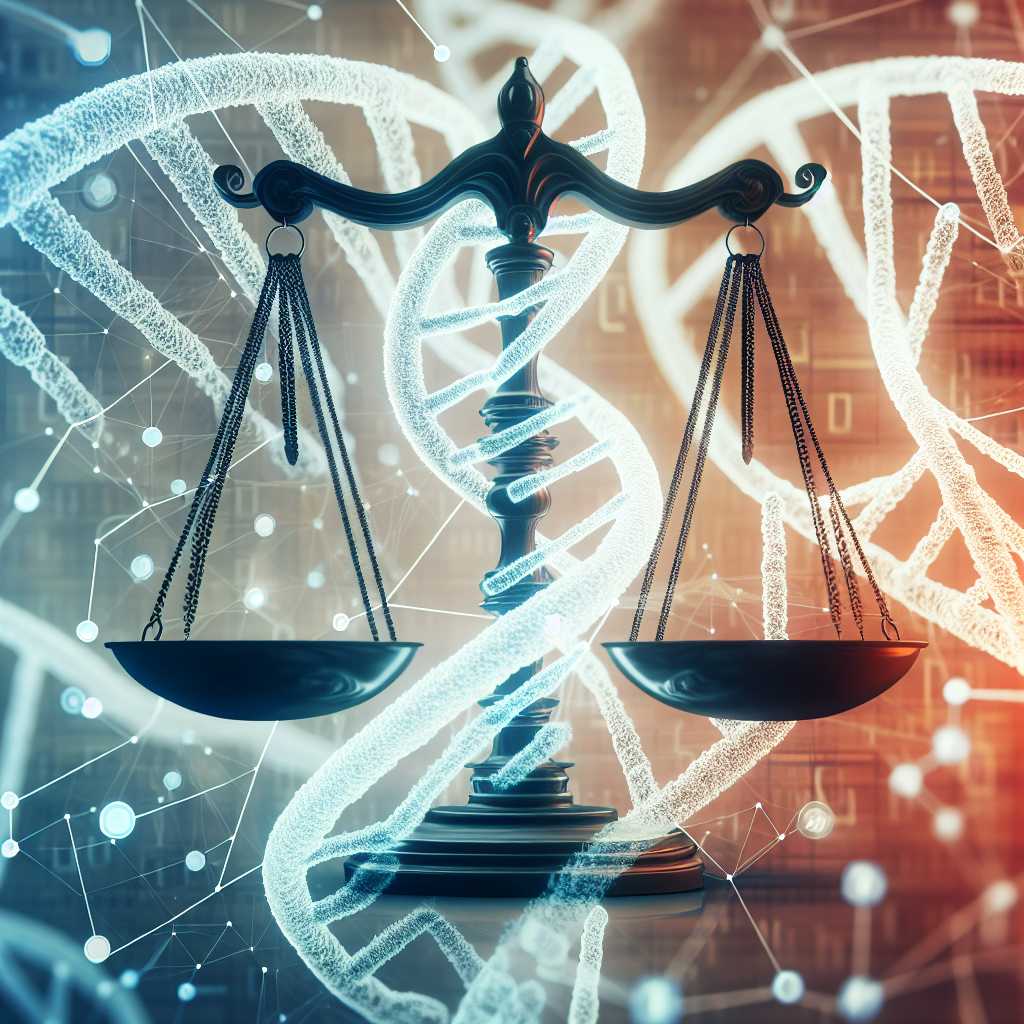### The Ongoing Case of Marcellus Williams: A Closer Look at Justice and Evidence
Introduction to Marcellus Williams’ Case
Marcellus Williams is a death row inmate in the state of Missouri, convicted for the stabbing death of Felicia Gayle, a former St. Louis Post-Dispatch reporter in 1998. This case has garnered significant attention, not only because of the gravity of the crime but also due to claims of innocence from Williams, his supporters, and various legal entities exploring DNA evidence that surfaced after his conviction.
The Crime and Initial Conviction
On August 11, 1998, Felicia Gayle was found stabbed 43 times in her home. Marcellus Williams was arrested after police investigations led to him being a suspect. Evidence presented at trial in the year 2001, primarily testimonies from his girlfriend and another person involved in the crime, resulted in Williams’ conviction. He was sentenced to death despite maintaining his innocence.
Appeals and Intensifying Debates Around Evidence
The post-conviction phase was characterized by numerous appeals made by Williams’ defense team, centering on claims that evidence used against him was insufficient or flawed. In 2015, more than a decade after his conviction, DNA tests performed on the murder weapon revealed that the genetic material did not match that of Williams. This development continues to fuel debates related to forensic integrity and wrongful convictions on death row.
Clemency Efforts and Legal Stalemate
In what would have been days before his scheduled execution on August 22, 2017, Missouri Governor Eric Greitens issued a stay of execution. He ordained the formation of an independent board to investigate Williams’ case further, delaying the execution until further notice.
The Role of DNA Evidence in Questioning Guilt
The discovery of another male’s DNA on the weapon significantly undercut the prosecution’s case according to defense advocates and many individuals within the legal community. Such post-conviction revelations question the reliability of non-scientific testimonial evidence, illuminating issues around possible miscarriages of justice.
Pressure from Advocacy Groups and Public Opinion
Over time, Williams’ case has attracted support from various entities including The Innocence Project and Amnesty International, along with celebrities and public figures. These groups have highlighted Williams’ situation as a pointer to broader systemic issues around capital trials and fair legal processes.
Notes
### Image description:
An abstract image of legal scales superimposed over a faint DNA strand pattern represents justice held against scientific evidence brought forward in legal cases like Marcellus Williams’.
